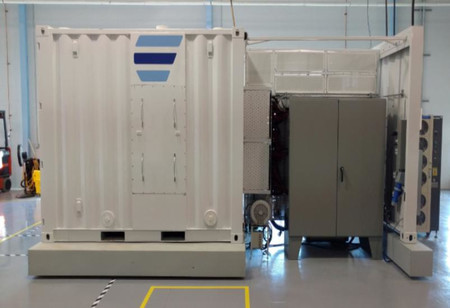Reliance Industries, India’s largest private sector firm, has procliamed a Rs 370 cr rely on a technology that aims to rival the dominant Li-ion technology for stationary and large-scale applications.
The firm has invested $50 mn in a US-based startup, Ambri, to in exchange for an unspecified stake in the firm.
Ambri, which began out as a research project in Massachusetts Institute of Technology, is focused on building alternative, liquid-based electricity storage systems that can aid reduce the dependence on Li-ion batteries.
Traditionally, rechargeable batteries were based on liquid technology, and were called lead acid batteries. Nevertheless, using lead acid batteries also means losing about 15-20% of the total energy in the form of heat.
Because of this, firms prefer to use Li-ion batteries, even for applications where space and weight is not a constraint, such as solar power setups inside office buildings.
However, Li-ion batteries, which offer 98-99% charging efficiency, are notoriously costly because of the paucity of lithium as well as the difficulty of mining it.
Additionally, most of the Li-ion batteries are diverted for weight-and-space constrained applications, such as mobile phones and electric vehicles, as they offer much more charging capacity per unit of space and weight compared to alternatives.
Ambri, on its part, is not trying to displace Li-ion batteries in such mobile environments, but is focused on offering an alternative in use-cases where space and weight are not a big constraint, such as stationary power backup.
It is also trying to diminish maintenance costs of batteries. Li-ion batteries, such as, are solid-
